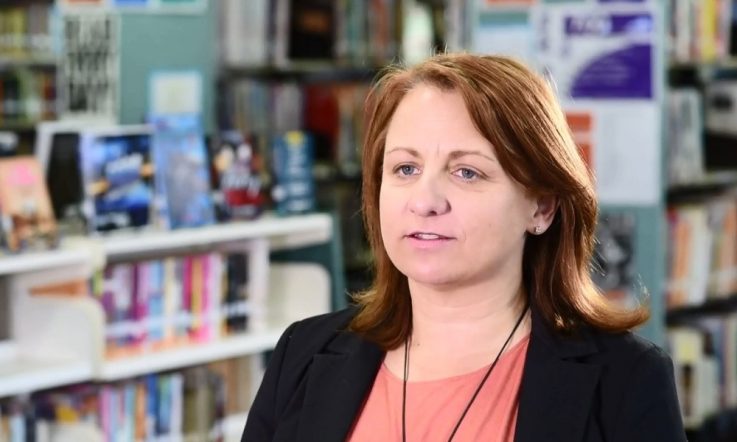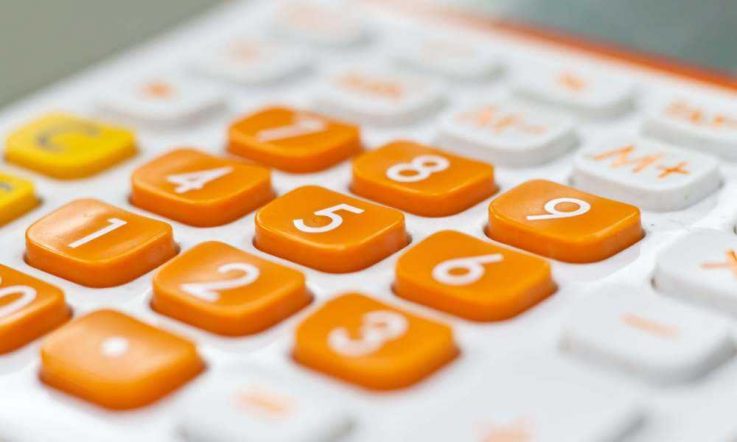Year 12 results mark the end of an era for students, but for teachers they are a rich source of data that can be used to inform future planning and practice.
Apart from monitoring progress over time, unpacking Year 12 results can identify patterns of learning, highlight successful teaching strategies and provide starting points for improvement.
When Colin Burke was appointed Assistant Principal at the Senior Campus of Melbourne's Mill Park Secondary College in 2012 he wanted to help educators 'get more' out of VCE data.
'They got their results at the end of the year but that didn't really tell them anything about their teaching. "How did I teach this unit?", "How did the kids respond to this question on the exam?" - that type of thing,' he tells Teacher.
'[It struck me that] the teachers would be able to use the summative assessments in a formative manner if we approached it the right way.'
The approach sees VCE teachers get exam results from VASS (the Victorian Assessment Software System), showing how students perform question by question in comparison with the rest of the school and state, and data from academic Carmel Richardson comparing actual and expected student performance.
Staff are then asked to fill out a reflection sheet comprised of six questions loosely based on the GROW coaching model (Goals, Reality, Options and Will) developed by Sir John Whitmore and colleagues in the 1980s. 'It's quite a common model for coaching,' Burke says.
Starting by reflecting on the positives is one of the key drivers of the approach. 'Quite often, when you're looking for improvement people can throw the baby out with the bathwater. So, it's about really saying "You did this well and here's the proof".'
Through one-on-one coaching conversations, held in February and March, teachers identify the positives and patterns in their data. 'Then we try and link the positives and the patterns directly back to their classroom performance and this is the formative part,' Burke says.
'So, if a [student] has scored really well on a particular question in the exam we get them to go back and think "How did I teach that?", "Did I spend three weeks on it ... is that more than I normally spend?", "Did I change something about the way I delivered that unit of work?".
'It's really about getting them to tie the student performance back to their actions in the classroom. That's a really empowering part.'
The focus then turns to starting points for improvement, how the findings can inform classroom practice in the new year, and how to work with colleagues to deliver improvements across subject areas and faculties.
Sam Milbourne, who teaches Year 11 and 12 Legal Studies at Mill Park and is a Teaching and Learning Coach, has taken part in the initiative for the last two years. '... Halfway through this year there was an epiphany I had when I realised "Oh, this is now when I'm really getting those top kids and I'm losing the lower performers", so I actually, in the moment, identified when that was happening. I think that's because of the data conversations,' she says.
Burke tells Teacher it's hard to say if improved Year 12 results at the school are a result of this initiative, as the approach is only one part of a concerted push over the last four years to improve VCE results. However, he adds crude measures - the total number of 40+ scores achieved by students has doubled in the last three years - would suggest it's having an impact.
Are you using Year 12 data to identify teaching strengths?
Are you and colleagues in the same subject area, and across the school, sharing successes?
Is your school analysing Year 12 data to identify gaps in learning and areas for improvement?



